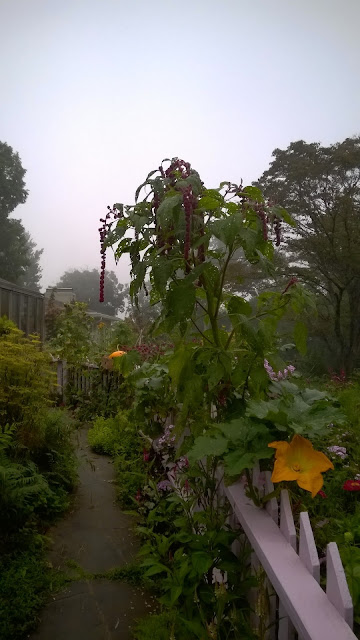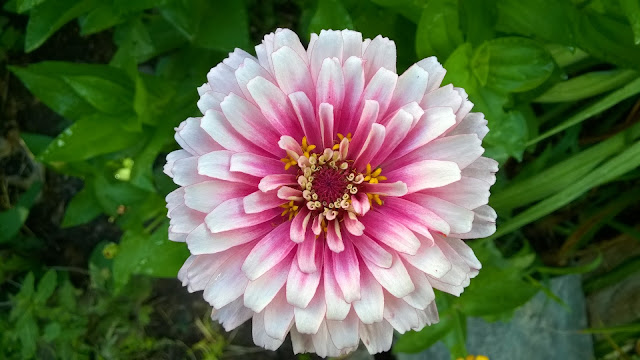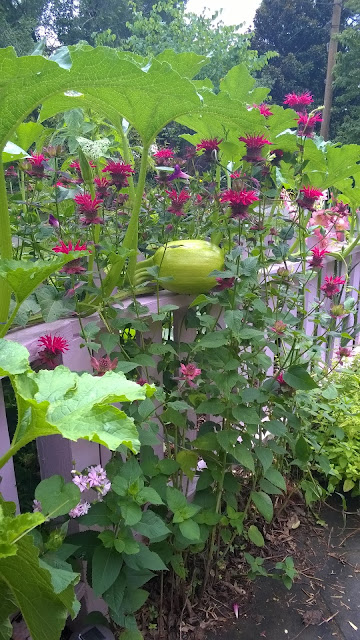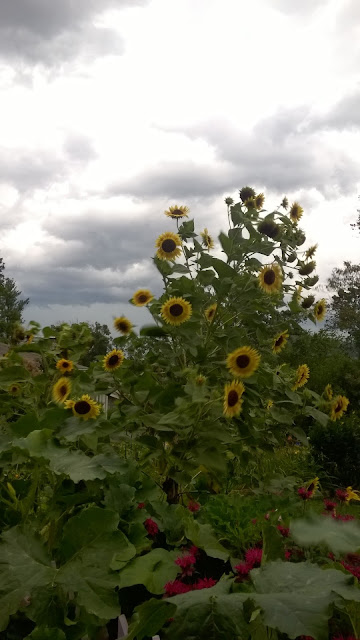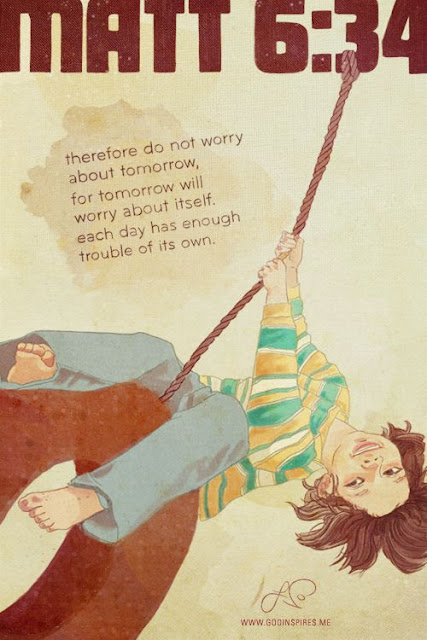 |
| Laura Lin, https://www.etsy.com/shop/PaintedVerses/ |
This scripture on worry has always been a favorite of mine. I'm referencing it at length because the entire passage deserves consideration:
"Therefore I tell you, do not worry about your life, what you will eat or drink, or about your body, what you will wear. Isn't there more to life than food and more to the body than clothing?
Look at the birds in the sky: They do not sow, or reap, or gather into barns, yet your heavenly Father feeds them. Aren't you more valuable than they are?
And which of you by worrying can add even one hour to his life?
Why do you worry about clothing? Think about how the flowers of the field grow; they do not work or spin.
Yet I tell you that not even Solomon in all his glory was clothed like one of these!
And if this is how God clothes the wild grass, which is here today and tomorrow is tossed into the fire to heat the oven, won't he clothe you even more, you people of little faith?
So then, don't worry saying, 'What will we eat?' or 'What will we drink?' or 'What will we wear?'
For the unconverted pursue these things, and your heavenly Father knows that you need them.
But above all pursue his kingdom and righteousness, and all these things will be given to you as well.
So then, do not worry about tomorrow, for tomorrow will worry about itself. Today has enough trouble of its own. -Matthew 6:25-34
Now, I'm a practical kind of person. For this reason, it's hard for me to think beyond the eating, drinking, body, and clothing in this verse. It's my bread and butter. It's what I know best-- what's in front of me.
Perhaps this is especially true of mothers, as we necessarily spend much of our daily energies concerned with the very immediate needs of our children. Have they eaten? What have they eaten or not eaten?! Have they outgrown these pants? Do they need new shoes? Each day we must consider the never-ending cycle of laundry. Mothers are hardwired to consider such things.
Consider the lilies instead? Ironically, this requires a dearer piece of me. More self-control. Brainpower of a different sort. My gut reaction is that I don't have time for lilies because many more practical matters are pressing.
"Above all pursue his kingdom and righteousness..." What an abstract and intangible imperative. It's not readily quantifiable, can't be corralled then checked off on my to-do list. Instead, it forces me to slow down. It requires reflection. Ah, but, the most precious things in life do...
What do the lilies and the birds have on us?
They are singular in focus, keeping the main thing the main thing. They reconcile the day only to itself, taking the rains and winds as they come, not wishing for other skies. There is a simplicity in their straightforward ways.
Clearly, He made us of different stuff. I don't know why, and I am admittedly jealous of the easy-going nature and rhythms of the natural world. Our dogs, our cats, the birds, the flowers....they go about their day with a confidence and bliss that is envious.
My own day feels much more tentative. Who knows what's around that bend? I can easily skip out of rhythm, become distracted, lose sight of the whole because I'm mired in the details.
 |
| Transiently beautiful---each flower blooms for just one day. Such extravagance... |
How do we know when we are pursuing His kingdom? First, let me admit that it's not always clear cut. But, I do know that there is a hallmark of peace, a letting down of sorts that happens in my spirit when I do.
It doesn't mean that I'm busy with some grand Christian task. It could and will include the dishes, the shopping, the mundane mantra of life. I don't think Jesus is diminishing these details here. They are important--the very basics of life.
He's not suggesting we stop our work to sit around pondering flowers all day either. He certainly did no such thing, working tirelessly from dawn through the night. Also, the very birds and flowers he referenced are busy--hunting for insects, building nests, searching for water, growing, blooming, seeding--all very much work.
Instead, It's the perspective we hold on our work--it must be greater than the work itself or we lose the whole. We must broaden our focus instead of narrowing it. The daily work must be put in its proper place.
What is its place?
- There is a kingdom beyond this immediate one. It's His kingdom and not mine. This truth is woven into the Lord's Prayer I recited as a Catholic child, "thy kingdom come...." My day is individual in some respects, but I also need to see it as a piece of larger kingdom. Life is more than the immediate, more than what we can see and touch: "There are more things in heaven and earth, Horatio, Than are dreamt of in your philosophy. " - Hamlet (1.5.167-8), Hamlet to Horatio
- God knows I have many practical needs, "....your heavenly Father knows that you need them." Just the thought of His awareness of my needs, His comprehensive knowledge of my needs, my children's needs, my husband's needs, my neighbor's needs--this helps ease the weight of them on my shoulders. I'm not in this alone.
- He promises to not just be aware of these needs, but to provide for them: "all these things will be given to you as well."
- We are responsible for but one day at a time, "each day has enough trouble of its own." We do ourselves a huge disservice when we take on heavy burdens beyond or before it. How solid, true, and useful---every--single---day.
He desires my faithfulness and trust---not in the grandiose or far away--but in the tangible tasks of today. I can draw a circle around today. I can let what's outside it go. I can focus my thoughts and energy right here. There is peace to be had here, within the liberating confines of today.
 |
| The joys of being faithful with today alone... |
